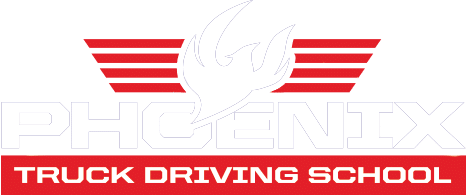In the trucking industry, strong relationships between drivers and dispatchers are essential. A good dispatcher helps you find loads, ensures you get high-quality paying loads, and keeps your schedule running smoothly. Whether you work with a truck dispatching company or use dispatch services for owner-operators, building trust with your freight dispatchers can lead to more profitable hauls and a better trucking career.
Here’s how to strengthen your relationship with trucking dispatchers and set yourself up for long-term success.
1. Communicate Clearly and Consistently
Good communication is the foundation of a strong driver-dispatcher relationship. Always keep your dispatcher informed whether you’re picking up freight, dealing with delays, or negotiating with brokers.
- Use clear and professional language when discussing routes and schedules.
- Respond quickly to calls and messages.
- Provide updates on any road delays or unexpected issues.
By staying in touch, you help dispatchers plan more efficiently, which benefits both you and the trucking business.
2. Be Reliable and Professional
Trucking companies and dispatchers value drivers who are dependable. If you consistently meet deadlines, follow through on commitments, and handle freight responsibly, dispatchers will trust you with higher-paying loads.
- Show up on time for pick-ups and deliveries.
- Follow safety protocols and keep your truck in top condition.
- Be courteous and professional with brokers and shippers.
Reliability makes dispatchers more likely to prioritize you when good loads become available.
3. Understand Load Boards and the Role of Dispatchers
Dispatchers work hard to find loads that match your schedule and experience level. Understanding how they use load boards and freight dispatch services can help you collaborate better.
- Load boards are online platforms where brokers and shippers post available freight.
- Dispatchers use these boards to negotiate rates and match drivers with profitable loads.
- When you understand how dispatch services for owner-operators work, you can work with your dispatcher to choose the best hauls.
By learning about truck dispatch services, you become a valuable partner in your dispatcher’s decision-making process.
4. Be Flexible and Willing to Adapt
The trucking industry is unpredictable. Weather, traffic, and last-minute changes can affect your schedule. A good attitude and flexibility can make a big difference in your relationship with dispatchers.
- If a last-minute route change happens, handle it professionally.
- Be open to adjusting your schedule when needed.
- Stay positive even when unexpected challenges arise.
When dispatchers know you can adapt, they’ll be more likely to work with you long-term and prioritize you for better-paying loads.
5. Learn to Negotiate with Brokers and Dispatchers
Negotiating with brokers and dispatchers is a valuable skill. Understanding freight rates, fuel costs, and other expenses can help you get fair compensation.
- Ask dispatchers for insights into how freight rates are set.
- Research market rates and compare them to what you’re offered.
- Build trust with your dispatcher so they advocate for the best rates on your behalf.
A well-informed driver is more likely to get high-quality loads and maintain a successful trucking career.
Earn Your CDL at Phoenix Truck Driving School and Start Your Career Right
Building strong relationships with dispatchers starts with having the right training. At Phoenix Truck Driving School, we prepare you for a successful career in trucking. Our experienced instructors teach you essential driving skills while helping you understand the business side of trucking, including working with dispatchers and freight services.



